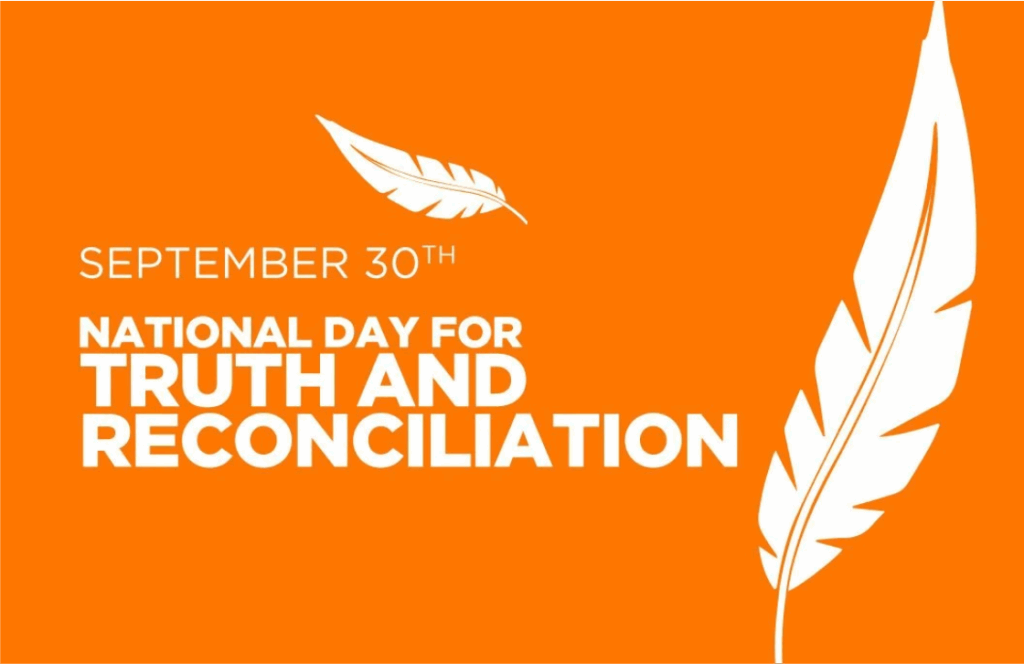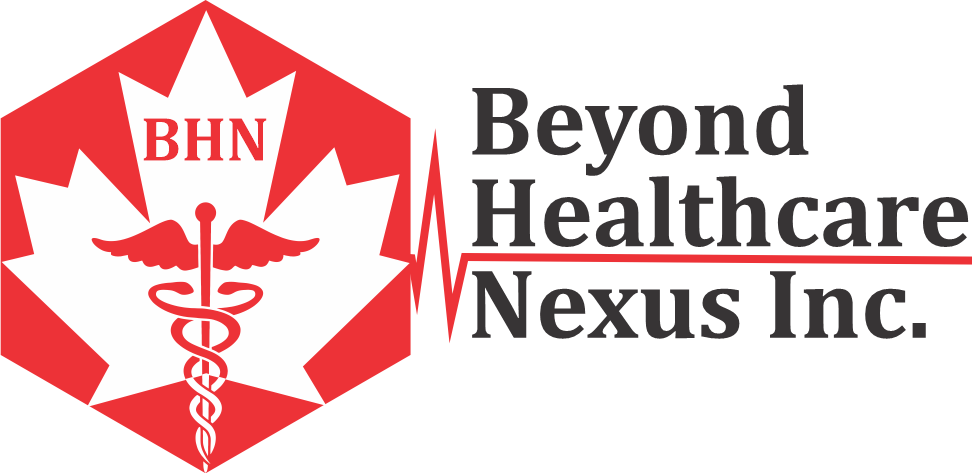
Recognizing Canada’s *National Day for Truth and Reconciliation* (September 30) carries profound political, moral, and educational significance. This day ensures the experiences of residential school Survivors and the children who never returned home are publicly acknowledged and remembered. As an institutionalized act of commemoration, it helps disrupt settler amnesia and foster collective awareness of Canada’s colonial legacy and ongoing injustices against Indigenous peoples.
Symbolically, the day responds directly to Call to Action 80 of the Truth and Reconciliation Commission, which calls for a statutory day of remembrance so that the history and consequences of residential schools remain visible and cannot be forgotten. In academic, social, and civic spheres, observing this day opens space for critical reflection, dialogue, and challenging dominant narratives about nationhood and historical mythologies. Universities and other institutions are urged to indigenize curricula, center Indigenous epistemologies, and decolonize their practices.
From a justice lens, the day is part of the broader reparative project: truth‐telling is a prerequisite for reconciliation, but it must be paired with material change (e.g., land restitution, institutional reform, educational equity). Critics note that truth without concrete reconciliation can become symbolic only. Finally, in fields such as conservation and the natural sciences, acknowledging this national day prompts educators and practitioners to interrogate power, incorporate Indigenous knowledge systems, and ethically engage with Indigenous communities.
In sum, the National Day for Truth and Reconciliation is not merely commemorative: it is a collective call to remember, to learn, and to act, anchoring reconciliation in truth, structural change, and ongoing solidarity.
Let’s move together with love and respect for one another!
Migwetch , Merci, and thank you.
